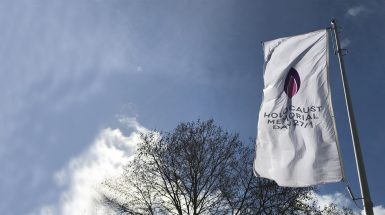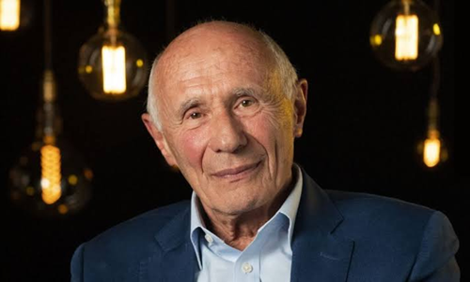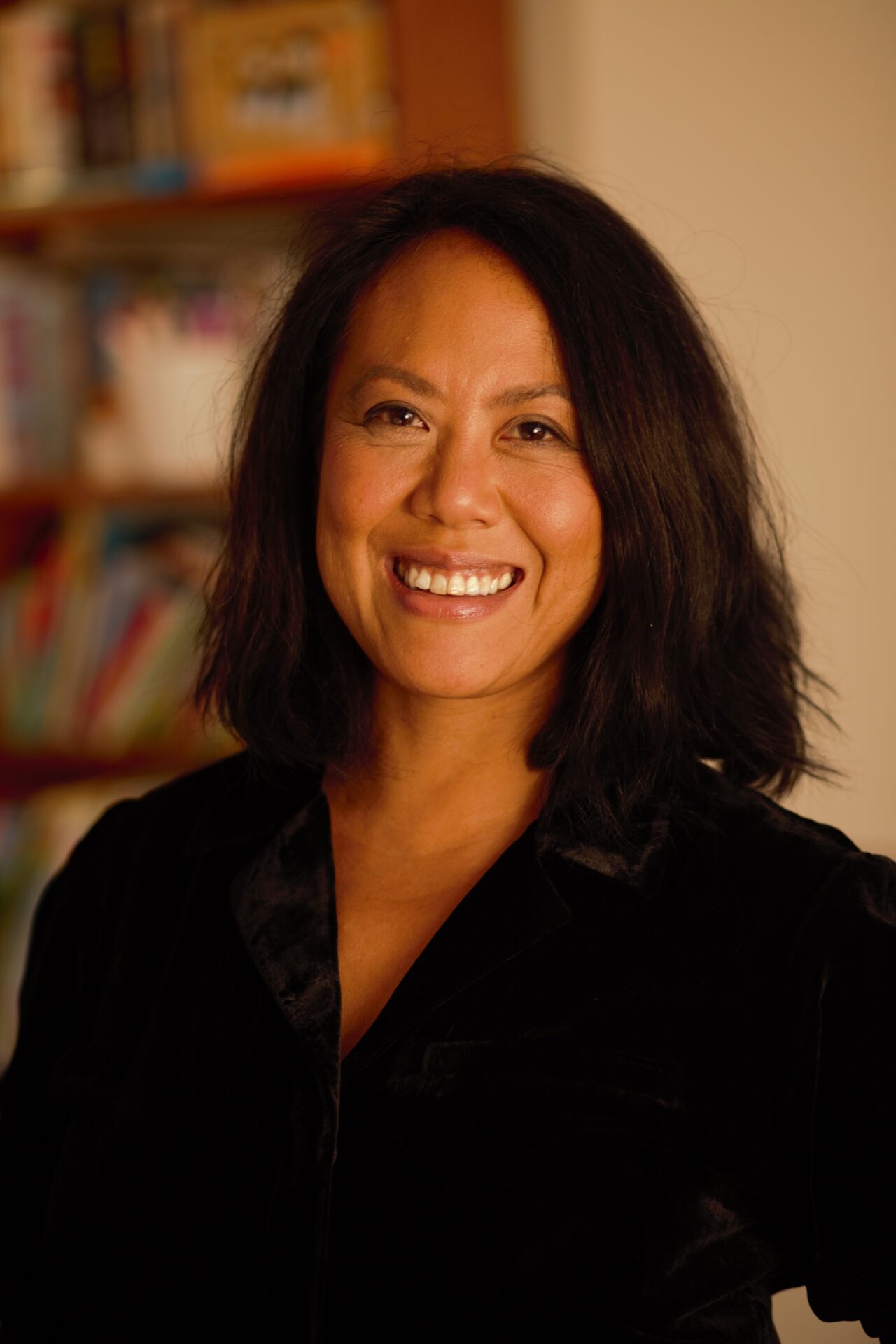
Li-Da Kruger
Li-Da Kruger, an award-winning filmmaker and producer, was born in Cambodia in 1974. She was evacuated from her homeland as a young baby, just days before the Khmer Rouge orchestrated the genocide that claimed around two million lives between 1975 and 1979
Personal testimony is so important not only as a response to genocide deniers but also because it makes genocide more human by sharing individual stories and personal connections.
In April 1975, as Phnom Penh was on the brink of falling to the Khmer Rouge, Li-Da was among the last of several hundred children to be airlifted from the besieged capital. Just an infant at the time, she was flown out in a bassinet tucked at the feet of a U.S. helicopter pilot, aboard one of the final civilian evacuation flights – a story handed down to her, the truth of it remains unknown.
She was later adopted at 16 months old by renowned South African-born British restaurateur and cookery writer Dame Prue Leith and her late husband Rayne Kruger. According to Li-Da, her father was the one who particularly wanted to adopt a child because of all the lost children he’d seen during his time with the Merchant Navy. Li-Da knows little about her biological family, a challenge made even harder by the lack of official documentation in Cambodia. She believes though that her mother died in a rocket attack, and her father, a government soldier, was fatally wounded.
As she grew older, Li-Da grappled with feelings of being an imposter, knowing her entire story was passed down to her second-hand. Yet this also fuelled her curiosity and inspired a personal journey to reconnect with her roots. Li-Da speaks warmly of her childhood and the close, loving bond she shares with her adopted family, describing them as “super supportive” of her adoption and Cambodian identity – and embracing her drive to follow every little clue about her escape story, so she can trace her roots and find out who her birth parents were.
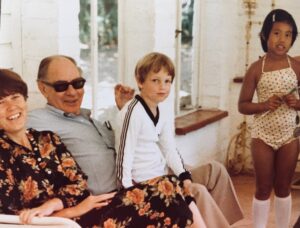
The Krugers never kept her adoption a secret. From an early age, Li-Da understood why she didn’t look like her family or classmates. However, her adoption process was far from straightforward, complicated by the political tensions surrounding the adoption of children from Communist-led countries like Cambodia. After two attempts with families in both the UK and France, she was eventually adopted and raised by the Krugers in England.
Li-Da has since adopted two sons of her own with her husband. Although she tried to have biological children, adopting was always her intended path, reflecting the example set by her parents – a plan that had already been manifested in her teenage years:
I wasn’t dreaming of my perfect wedding day, rather I was planning how I was going to adopt children myself. I have always felt lucky and grateful to have been given a second chance and ended up in such a loving and happy environment. Mum and Dad had no training like prospective adopters have to go through now. My parents did such a great job of giving me tonnes of love that any child deserves and needs.
Throughout her adult life, Li-Da has sought to reconnect with her Cambodian heritage. In 2020, she collaborated with her mother, Prue, on the documentary Prue Leith: Journey with My Daughter, which chronicled their return to Cambodia in search of Li-Da’s biological parents. Thanks to advances in DNA testing, Li-Da was able to narrow down the region where her biological family once lived Kandal Province, near the Cambodian capital – and even connect with some third cousins. Still, many of the closer branches of her family tree remain unknown, creating an emotional gap that Li-Da feels continues to stand in the way of fully embracing her Cambodian identity
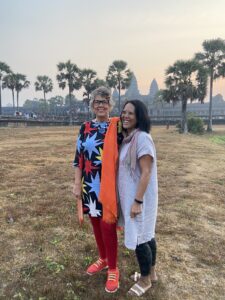 She is a co-founder of Reconnecting Cambodia, a charity that seeks to distribute free DNA tests to Cambodians around the world to expand the Cambodian DNA database and improve the accuracy of genetic research. She believes that for the first time, the magic of DNA technology offers families real hope of reunion where other methods may have failed or are inaccessible. And in this way, divided generations of Cambodia can become whole, healed and the community’s heritage preserved.
She is a co-founder of Reconnecting Cambodia, a charity that seeks to distribute free DNA tests to Cambodians around the world to expand the Cambodian DNA database and improve the accuracy of genetic research. She believes that for the first time, the magic of DNA technology offers families real hope of reunion where other methods may have failed or are inaccessible. And in this way, divided generations of Cambodia can become whole, healed and the community’s heritage preserved.
Professionally, Li-Da founded RELISH, a female led TV production company that celebrates female talent and underrepresented communities both behind and in front of the camera. Li-Da seeks to meet, share and communicate with people, aiming to spread her story and those of others with similar experiences.
Personal testimony is so important not only as a response to genocide deniers but also because it makes genocide more human by sharing individual stories and personal connections. To keep the memory alive, memorial events are essential that encourage more positive dialogue about the ways we can learn from mistakes. Genocide education starts in schools to help people understand and empathise; education can play a key role in reducing prejudice and hate by teaching compassion and awareness. These efforts can help ensure we never forget and support a more tolerant future.
